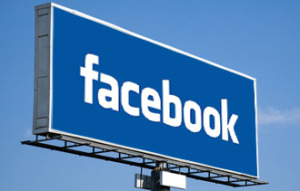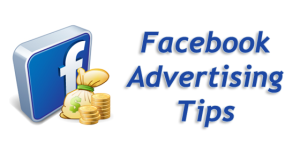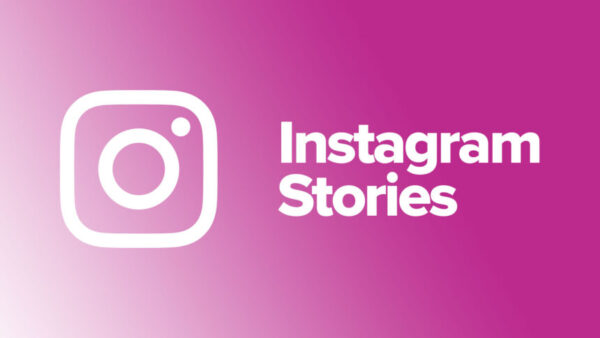Facebook seems like a marketer’s dream come true—you can tailor your advertisements to reach customers of a certain age, gender, education level, relationship status, or focus on users in a specific geographical location. Facebook even has details on user’s favorite movies, musical artists, and restaurants.
You can combine all of this knowledge and focus your marketing on a remarkably specific group of people. This should be an incredibly powerful tool—right? But is it? To find out if Facebook ads are as powerful as they seem, you’ll have to look closer.
The Detractors
In October of 2013, Nate Elliot of Forrester published a strongly worded open letter to Mark Zuckerberg. He opened by saying “Facebook is failing marketers.”
In the letter Elliot explained that Forrester asked 395 marketers from companies in the U.S., Canada, and United Kingdom, “How satisfied are you with the business value your company has achieved by using each of the following marketing channels?” Marketers were asked to rate their satisfaction on a scale from 1-5.
The list of 13 options included things like search marketing, email marketing, and word of mouth marketing. Facebook marketing came in dead last with a score of 3.54.
The Supporters
Supporters of Facebook have criticized the study’s small sample size and the subjective nature of the question. Marketing Land pointed out that the letter focused on perception of success, not raw data: “The Forrester survey results reflect the perceptions of marketers, which may or may not be accurate in terms of the actual performance of the various media on the list.”
This study and response to it are—of course—not the only ways to evaluate Facebook marketing’s effectiveness. Huge, successful companies like Wal-Mart, American Express, Dell, Nike, and Starbucks are still using Facebook’s advertising power—they must believe it is working.
The Complications
One of the reasons it is difficult to evaluate Facebook’s effectiveness is that it is a complicated tool. For many companies, Facebook ads do have a lower than average click-though-rate, but that might not be the best way to judge Facebook’s effectiveness.
According to Time, “Facebook’s ad effectiveness is better judged on the basis of the “behavioral lift” from the message a user has receivedafter they’ve already liked the brand.”
A “behavioral lift” is much trickier to measure than a simple click-though-rate. Facebook’s real power seems to be in what it can do in subjective areas like increasing brand exposure and creating a positive perception.
What Should You Do?
Smart marketers know that there is no one-size-fits-all solution to marketing—that is why Facebook’s targeted advertisements are so appealing.
This same principle means that the results of a study don’t necessarily tell you what is best for your specific marketing needs. Facebook advertisements may be the perfect solution for some industries and a waste of money for others.
So what do you do? Test it for yourself. And while you are at it—remember that Facebook offers more than just ad space. Creating a business page is an excellent way to interact with customers, share content, and build awareness of your brand.
If you need help creating a business page or analyzing your data to create the perfect advertisement, enlist the help of an expert in your area. Whether you live in L.A. or Lake Mary, social media services are available to help you make the most of your marketing efforts.







